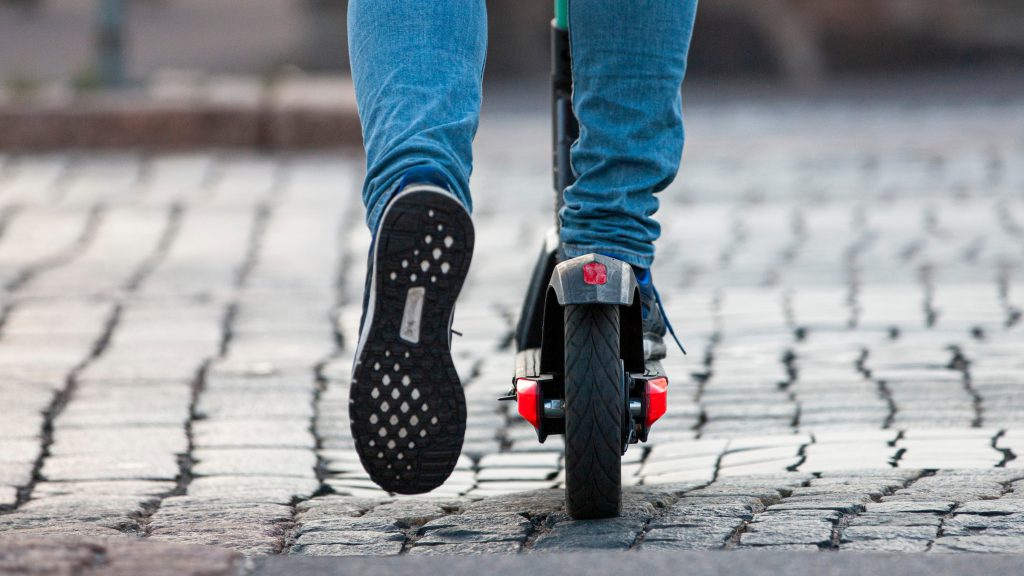E-Scooter Trial Scheme Launches In London In June

A trial of rental electric scooters will be launched in London next month despite safety concerns.
It will be the first time the contraptions will legally be allowed on the capital’s roads, although private users are already a common sight on streets and pavements.
Transport for London (TfL) and London Councils – which represents the city’s local authorities – selected operators Dott, Lime and Tier to carry out the 12-month pilot scheme from June 7.
Police data released last month showed that e-scooters have been used in hundreds of offences, including assaults, burglaries and anti-social behaviour.
On April 17, a three-year-old boy suffered serious injuries when he was hit from behind by an e-scooter while walking on a pavement with his grandmother in Feltham, west London.
Charity Guide Dogs has called for the sale of e-scooters to be banned, describing their use as “a serious safety issue for many people with sight loss”.
Under the trial, e-scooters will only be permitted on London’s roads and cycle paths.
Riders will be required to take an online safety course before their first hire.
Similar trials have been held in urban areas across Britain since July last year.
E-scooters in London’s scheme will have a maximum speed of 12.5mph, which is below the 15.5mph limit set by the Department for Transport.
Other features which go beyond national guidelines includes front and rear lights which will always be on throughout a rental, and an audible warning system that can be used without the rider adjusting their grip of the handlebar.
Prices have not been announced, but rides in other cities typically cost £1 to unlock an e-scooter plus a fee of 14p-20p per minute.
London’s scheme will initially be restricted to six boroughs and areas: Canary Wharf, Ealing, Hammersmith and Fulham, Richmond, City of London and Kensington and Chelsea.
Users will also be allowed to ride through Tower Hamlets.
The trial will use geo-fencing technology in a bid to stop e-scooters being used outside the set boundaries.
Helen Sharp, who is leading the project for TfL, said: “We’re doing all we can to support London’s safe and sustainable recovery from the coronavirus pandemic, and it’s clear that e-scooters could act as an innovative, greener alternative to car trips.”
Will Norman, London’s walking and cycling commissioner, commented: “The safety of those using e-scooters, as well as other road users and pedestrians, is absolutely paramount, so it’s important that they are trialled in this rigorous way to ensure high standards.”
Private e-scooters will continue to be illegal in public areas.




